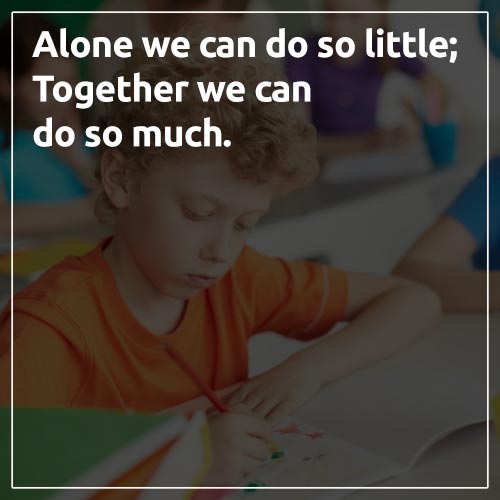Geography, History, Biology, Botany, Zoology, Art and Music are presented as extensions of the sensorial and language activities.
Children learn about other cultures past and present, and this allows their innate respect and love for their environment to flourish, creating a sense of solidarity with the global human family and its habitat.
Experiences with nature in conjunction with the materials in the environment inspire a reverence for all life. History is presented to the children through art and an intelligent music program.



